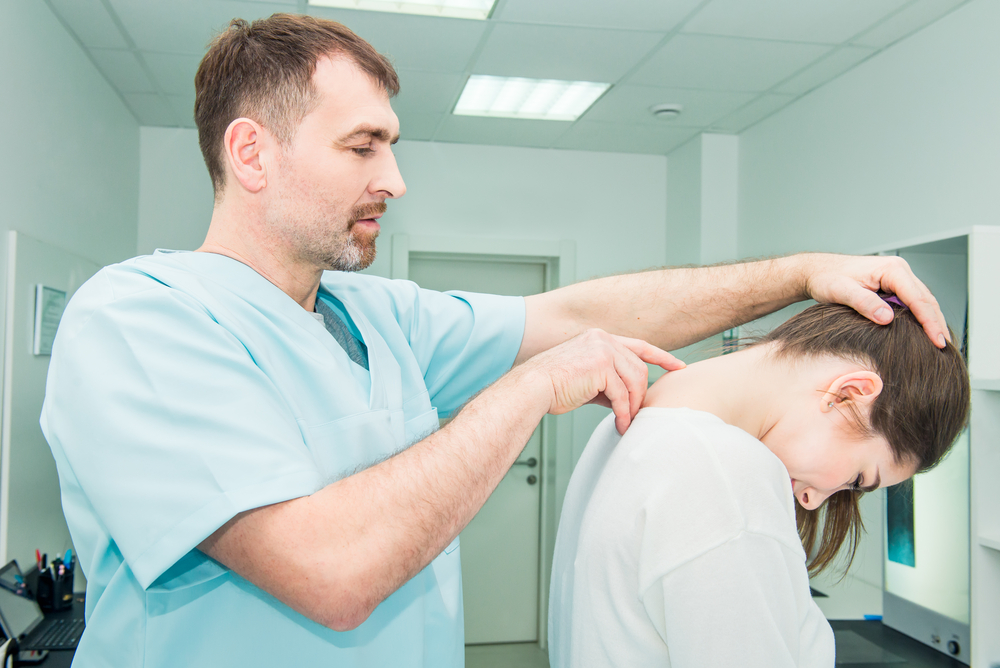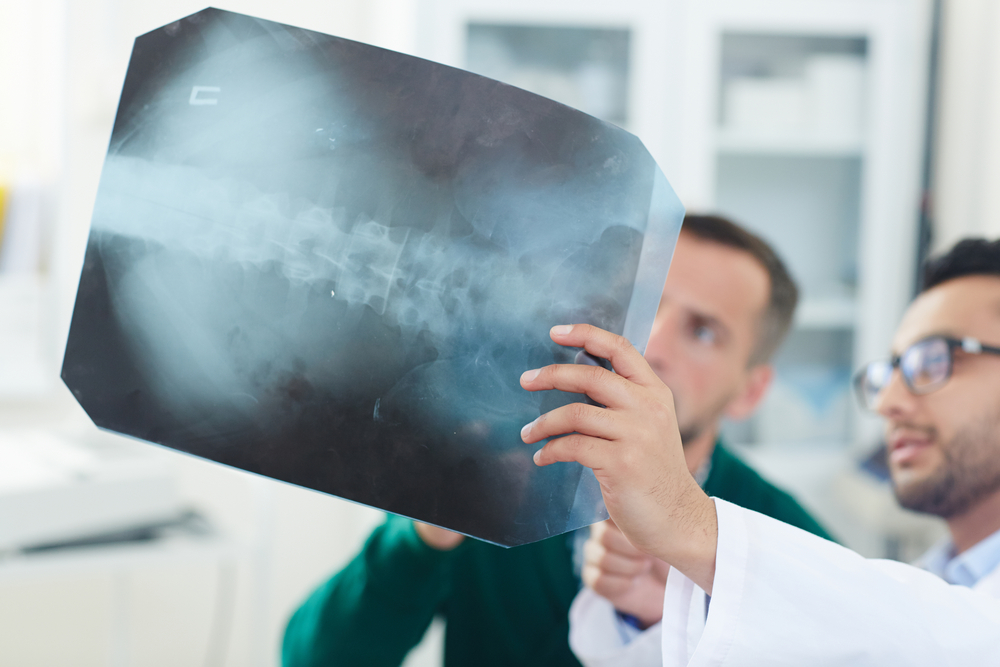What to Do if You Sustained a Spinal Cord Injury after a Car Crash

If you have sustained a spinal cord injury after a car crash, it is crucial to follow specific steps to ensure your health and legal rights are protected. Spinal cord injuries can have significant impacts on your mobility, sensory function, and other bodily functions. Here are some guidelines on what to do:
At the Accident Scene
- Ensure Safety: First, ensure you and anyone else involved are in a safe location away from further harm. If it’s a vehicle accident and it’s safe to do so, move to a safe area.
- Avoid Movement: If you suspect a neck injury or spinal cord injury, it’s critical not to move unless absolutely necessary, as movement can worsen the injury. Wait for emergency services to arrive.
- Call for Help: Dial emergency services immediately. Even if the injuries seem minor, the impact on nerve fibers and spinal structure may not be immediately seen.
Seek Medical Care
- Immediate Medical Attention: Once emergency services arrive, it’s essential to receive immediate medical attention. Mention any loss of sensation, difficulty moving, or other symptoms that could indicate a spinal cord injury.
- Hospital Evaluation: At the hospital, expect a thorough evaluation. This may include X-rays, MRIs, and other diagnostics to assess any damage to the spine, presence of foreign objects, or partial paralysis.
- Follow-Up Care: Beyond initial treatment, follow-up care may involve occupational therapy, physical therapy, and consultations with specialists to address long-term impacts on sensory function and mobility.
Legal and Financial Considerations
- Document Everything: Keep detailed records of the accident scene, medical bills, and any other expenses related to the accident. This documentation will be crucial for insurance claims and potential legal action.
- Spinal Cord Injury Lawyer: Consider consulting a spinal cord injury lawyer experienced in vehicle accidents. They can advise on how to claim compensation for medical bills, loss of income, and other damages.
- Insurance: Report the accident to your insurance company. However, be cautious about making statements or accepting settlements before speaking with a lawyer.
Long-Term Recovery
- Occupational Therapy: Occupational therapy can help you adapt to any changes in mobility and sensory function. It can also help you learn new ways to perform daily activities.
- Support Networks: Look for support groups and networks for individuals with spinal cord injuries. These communities can provide invaluable advice, support, and resources.
- Mental Health: Consider seeking support for mental health. Trauma from the accident and adjusting to life post-injury can be challenging, and professional help can provide significant support.
Recovering from a spinal cord injury after a car crash is a long and challenging journey. It involves immediate and comprehensive medical attention, legal considerations, and long-term rehabilitation. By following these steps, individuals can navigate the aftermath of an accident with informed decisions and support.
File A Personal Injury Claim for Spinal Cord Injuries With Temple Injury Law
If you are a spinal cord injury victim due to someone else’s negligence during a motor vehicle accident, consult an experienced Las Vegas spinal cord injury lawyer. At Temple Injury Law, we’ll guide you on how best to file a strong personal claim to receive compensation for all your accident-related expenses, ensure justice for your case, and fully recover as an injury victim. Schedule a consultation with us to help you seek the best legal option.



